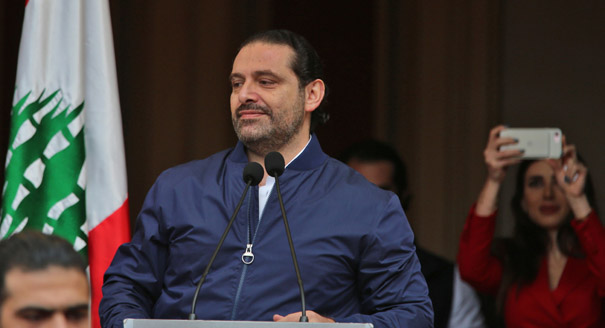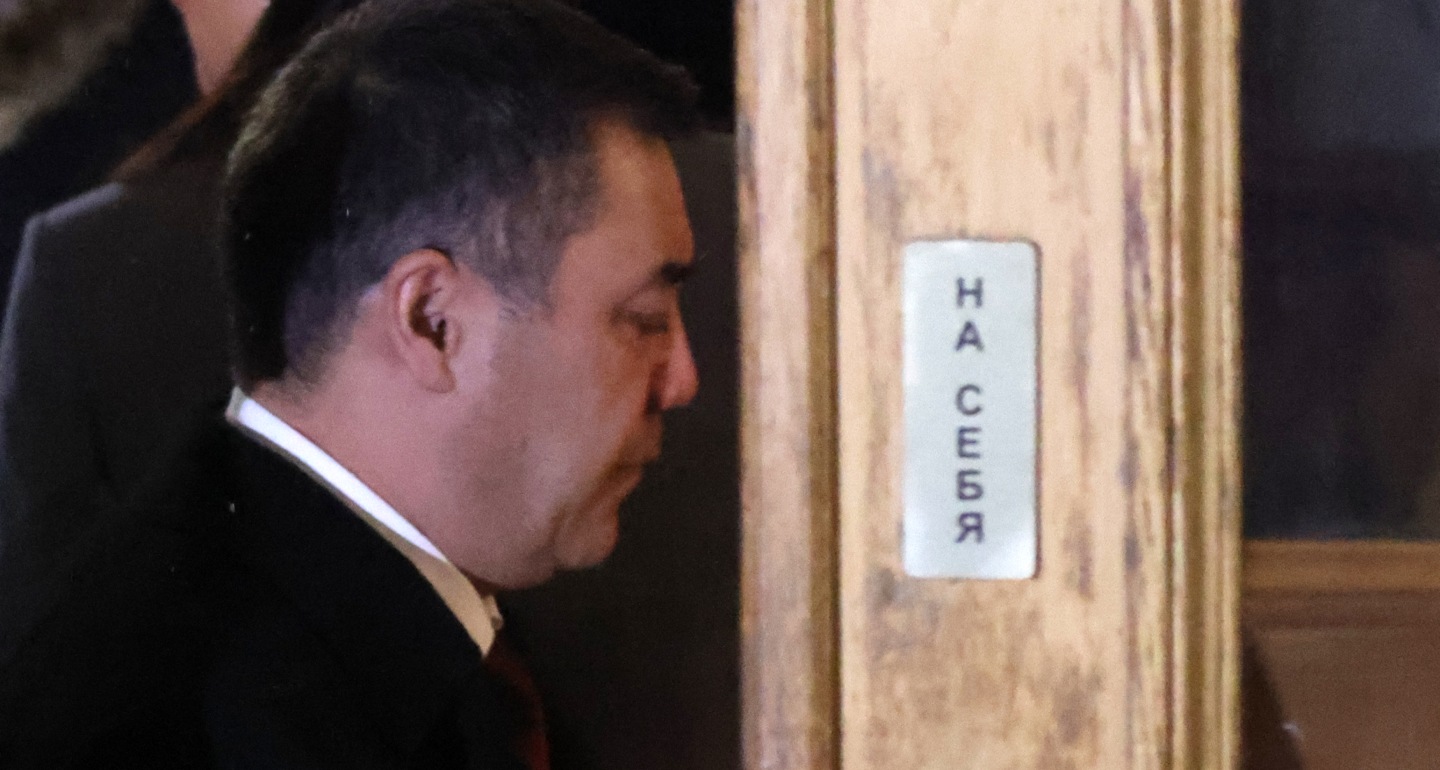Source: Institut Montaigne
Two months after the political turmoil in Lebanon, which placed its Prime Minister under the world’s scrutiny, Lebanese politics seem to have resumed. What lies behind this apparent return to normality, and what will be the next steps for the country? Joseph Bahout, visiting scholar in Carnegie's Middle-East Program and associate researcher at the Crown Center for Middle East Studies at the University of Brandeis, shares his analysis.
After the November 2017 chaos, sparked by Saad Hariri’s unexpected resignation and later U-turn, what does the current political situation in Lebanon look like? Has Hariri lost or gained authority? What impact will these events have on the upcoming elections?
The situation is as follows: right now, Saudi Arabia has somewhat lost its bet. The kingdom wanted to force the Lebanese government to resign in order to overthrow the current alliances, thus reshaping the country’s political state of affairs, which has been the same for over a year. This bet, which is aligned with Saudi Arabia’s regional policy of escalation against Iran, aimed to target Hezbollah and isolate the party until it would have been withdrawn from the governmental structure.
This strategy failed for several reasons, though not all of them have yet been clearly revealed:
- International pressure, thanks to President Macron’s very clever game, but also thanks to American influence;
- Arab countries’ reluctance to follow Saudi Arabia.
Saudi Arabia was forced to release Hariri so that Lebanon could return to the status quo that had prevailed until then, despite the kingdom’s difficulty to concede defeat.
However, everything seems to suggest, and I strongly believe, that the current situation in Lebanon can only be temporary. It is a truce, a moment suspended in time before Saudi Arabia’s "return match" on the Lebanese stage, most likely planned for the upcoming elections in Spring. What will happen then? The question remains open.
As a consequence, the relationship between Hariri and Saudi Arabia, which was strong and organic at first, is now so damaged that it is probably broken for good.
Hariri has undoubtedly benefited from a renewed popularity, especially amongst the Sunnis. The biggest flaw in the Saudis’ strategy was probably that they did not understand the psychology of the Sunni people, who felt humiliated by this event and rallied around their leader. Although some disapprove of Hariri’s policy, they did not tolerate the way he was treated. Saudi Arabia’s influence has thus declined among the Lebanese population.
In the meantime however, Hariri has lost Saudi Arabia’s support, his most significant and faithful regional ally. Consequently, he may have lost their financial support as well, yet a necessity to survive in Lebanese politics. The way Hariri will approach the next elections will be decisive for the rest of his political career: a situation worth following closely in the coming months. Especially since paradoxically, those who “saved” him were his political rivals, namely Hezbollah and President Aoun. He now finds himself entangled in an alliance he has somehow been forced to join. His position is far from easy and makes one wonder whether he will politically survive the legislative elections.
Should we fear that the American Embassy’s transfer to Jerusalem and the use of the term "intifada" by Hassan Nasrallah these past days result in a resurgence of Israeli-Lebanese tensions?
I do not think that the Israeli-Lebanese tension, which is structurally ingrained into the region’s dynamics, will be affected by such a phenomenon, which nonetheless remains below the threshold of explosion. These are mostly words and speeches.
I rather believe that a potential deflagration could be provoked by the dynamics that will emerge from the Syrian conflict, the rise of Iran's role in Syria and the global tensions between Iran, Israel, and the Gulf countries. This is where I think the main triggers of a possible confrontation lie. Of course, the Palestinian issue, Jerusalem’s liberation and the calls for rebellion all remain very powerful mobilizing elements for Hezbollah, but they are certainly not detonators of a future conflict.
How did the Lebanese population react to these growing tensions between Saudi Arabia and Iran? Do we see a wider divide between Shiites and Sunnis or are they rather gathering behind the Lebanese identity?
The Sunni/Shiite division in Lebanon is ancient and precedes the current Sunni/Shiite regional tension. It began after the end of the Lebanese civil war, which started in 1975 and ended with the Taif agreements in 1989. It indirectly explains the assassination of Rafik Hariri back in 2005 and the eruption of the crisis between the two Lebanese Muslim communities. It is also anterior to the 2010/2011 turning point, when the region’s Sunni/Shiite division effectively burst into a conflict - although it is true it had already been sharpened by the Iraq war of 2003.
Paradoxically, the tension is currently partially deflating. Part of the Sunni street resents the Saudis for Saad Hariri’s treatment, even though the majority of non-Shiite Lebanese remains very suspicious, if not bitter, about the rise of Hezbollah in the region. Nonetheless, most Lebanese are altogether satisfied of living in their country’s relative stability, which comes as a relief after years of insecurity and fear that the Syrian cauldron might pour into their country.
Therefore, the explicit animosity between the two Muslim communities contradicts the fact that none of them wants to actually confront each other, and both seek ways of conciliation instead. That is why Hariri’s current policy, despite some criticism, surprisingly finds a lot of support among Sunnis.
This article was originally published by the Institut Montaigne.














